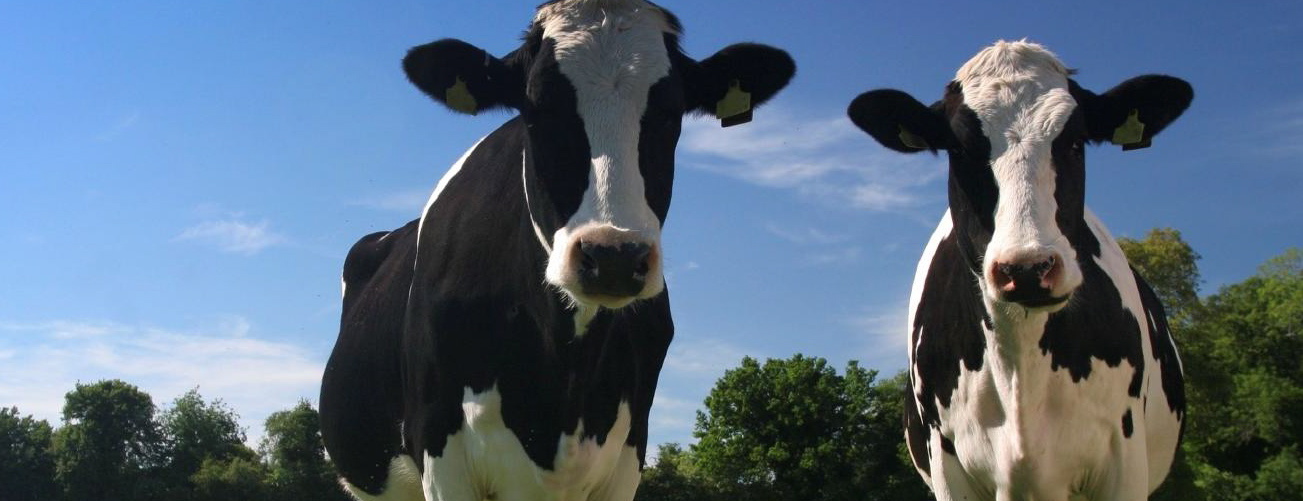
Anaerobic Digester Generates California Carbon Offsets
Farm Power Northwest’s Lynden anaerobic digester project, is the first project in The Climate Trust’s portfolio that will generate California Carbon Offsets under the California Air Resources Board (ARB) protocol. This is an important step into another compliance market for The Climate Trust, and we’re proud to take that journey with longtime partner Farm Power.
The dairy industry’s standard practice is for farms to collect manure into an uncovered lagoon, resulting in the release of methane into the atmosphere. Methane poses a significant environmental problem as it is a potent greenhouse gas (GHG) approximately 25 times more powerful at trapping heat in the atmosphere than carbon dioxide. The Lynden project processes approximately 70,000 gallons of manure from a local dairy farm each day; manure that was previously collected and stored in manure lagoons.
To help this farm make their operations greener, Farm Power—founded by brothers Kevin and Daryl Maas—stepped in with their unique business model. Kevin and Daryl grew up in Mount Vernon, Washington with rural roots and heritage. Over the years, they saw family dairies slowly disappearing from the landscape. With the goal of making dairy farming both economically profitable and environmentally sustainable, the Maas brothers developed a business that builds regional anaerobic manure digesters serving multiple farms to turn collected manure into electricity, fertilizer and bacteria-free animal bedding.
The Farm Power Northwest Lynden GHG emissions reduction project is the epitome of the intersection of sustainable agriculture and renewable energy. Manure is flushed from the barns and milking parlor into a central reception pit, where it is prepared for the anaerobic manure digester. Once the manure reaches the digester, which is located three-quarters of a mile away, the captured methane is destroyed via a 750kW generator that converts the methane to electricity. The generated electricity is sold to Puget Sound Energy and waste heat is utilized for heating the digester and adjacent greenhouse. The conversion of methane gas to electricity reduces GHG emissions, provides a sustainable source of renewable energy to replace fossil fuels, and achieves financial revenues from the sale of both electricity and carbon offsets.
For destroying methane emissions, the project earns carbon offsets. The project has reduced over 30,000 metric tons of verified CO2e emissions reductions to date and earned offsets equivalent to each metric ton of carbon dioxide equivalent removed from the atmosphere. Going forward, the credits earned by the project are eligible as compliance offsets for use in California’s cap-and-trade program. The sale of offsets helps businesses, organizations and individuals reach carbon reduction goals and helps Farm Power earn additional financial revenue.
In addition to electricity generation, the carbon offset project puts cow manure to other uses. The project composts and dries manure solids into a pathogen-free natural bedding for the cows. Manure liquids are treated and used as a nutrient rich fertilizer. The sustainable use of waste products results in significant savings for the farm itself. The digester also provides benefits to the local community. The elimination of open manure lagoons result in reduced odors, less exposure to vector-borne diseases, improvements to local air quality and increased hygienic standards on the farm.
“Farm Power Northwest Lynden has achieved emissions reductions and earned carbon offsets that denote true environmental integrity, merit financial value and benefit the community,” said Peter Weisberg, program manager for The Climate Trust.